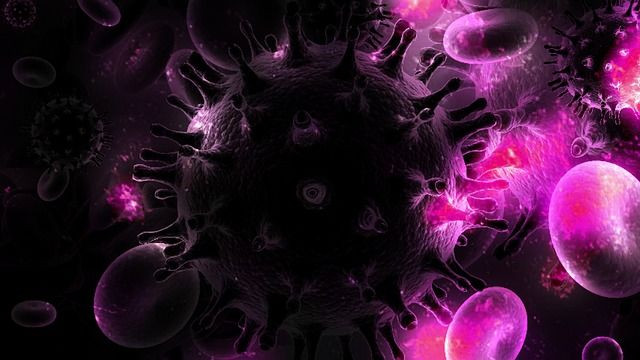HIV Cure Research 2017: Gene Editing Tool CRISPR Cas9 Eliminated HIV In Animals

The HIV virus is adept at evading our best efforts to flush it from the human body, hence the lack of a cure, but a new study suggests that this feat may one day be possible. Researchers showed they were able to eliminate HIV from infected cells in animals using the powerful gene-editing tool, CRISPR/Cas9.
In the study, now published online in Molecular Therapy, scientists at the Lewis Katz School of Medicine at Temple University (LKSOM) and the University of Pittsburgh succeeded in removing HIV DNA from the genomes of living animals — a major step toward a cure, they said. The team used CRISPR gene-editing technology to remove HIV from the DNA of three different animal models, including a mouse that was transplanted with a “humanized” immune system.
Read: HIV Cure 2017? New Research Suggests Way To Theoretically Eliminate Virus From Body
"We confirmed the data from our previous work and have improved the efficiency of our gene editing strategy,” said lead researcher Wenhui Hu, in a recent statement. “We also show that the strategy is effective in two additional mouse models, one representing acute infection in mouse cells and the other representing chronic, or latent, infection in human cells."
This breakthrough means that the team have begun to tackle a serious hurdle in the race to cure HIV. The next step would be to repeat the results in primates to see if they are able to eliminate HIV DNA in latently infected T cells, and other HIV “hideouts” such as brain cells.
"Our eventual goal is a clinical trial in human patients,” said study co-author Dr. Kamel Khalili in a recent statement.
For the study, the team built on previous proof-of-concept research from 2016 that demonstrated the ability to target and remove fragments of HIV from the genome of most tissues in experimental animals. Now, the team has taken this a step further, removing the latent HIV from DNA from the tissues of living animals. In order to measure the success of of their attempt, the team used a live bioluminescence imaging system to measure levels of HIV RNA.
In its latent form, the virus is able to lie dormant, meaning that it has stopped the production of new HIV cells, but can become reactivated at random, Aids Info reported. However, when HIV-infected cells are not actively producing the virus, HIV medication has no effect on them. This is what makes it especially difficult to completely flush the virus out of the body. According to Aids Info, finding ways to target and destroy these latent reservoirs of HIV are critical to figuring out a way to clear the virus from the body, and gene therapy is at the forefront of this search. In gene therapy treatments, such as that done in this study, scientists manipulate genes in order to either cut out or deactivate HIV in infected immune cells.
Source: Yin C, Zhang T, Qu X, et al. In Vivo Excision of HIV-1 Provirus by saCas9 and Multiplex Single-Guide RNAs in Animal Models. Molecular Therapy. 2017
See Also:
HIV Breakthrough 2017: Scientists Find Protein Marker To Identify Dormant Virus-Infected Cells



























